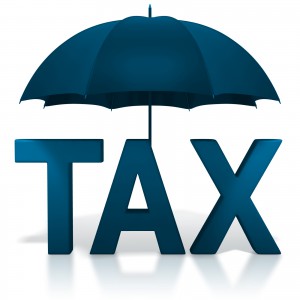Investment and Tax Shelter
 invest
investɪnˈvɛst/ verb
gerund or present participle: investing
1. put (money) into financial schemes, shares, property, or a commercial venture with the expectation of achieving a profit. "the company is to invest £12 m in its manufacturing site at Linlithglow" synonyms: put money into, sink money into, lay out money on, plough money into; More provide capital for, spend money on, fund, back, finance, underwrite, subsidize, support, pay for; buy into, buy shares in, buy/take a stake in; informalget a piece of, splash out on
Tax shelters
This are any method of reducing taxable income resulting in a reduction of the payments to tax collecting entities, including state and federal governments. The methodology can vary depending on local and international tax laws. In North America, a tax shelter is generally defined as any method that recovers more than $1 in tax for every $1 spent, within 4 years.
 Types of tax shelters
Types of tax sheltersSome tax shelters are questionable or even illegal:
Offshore companies. Due to differing tax rates and legislation in each country, tax benefits can be exploited. Example: If Import Co. buys $1 of goods from India and sells for $3, Import Co. will pay tax on $2 of taxable income. However, tax benefits can be exploited if Import Co. is to set up an offshore subsidiary in the British Virgin Islands to buy the same goods for $1, sell the goods to Import Co. for $3 and sell it again in the domestic market for $3. This allows Import Co. to report taxable income of $0 (because it was purchased for $3 and sold for $3), thus paying no tax. While the subsidiary will have to pay tax on $2, the tax is payable to the tax authority of British Virgin Islands. Since the British Virgin Islands has a corporate tax rate of 0%, no taxes are payable.
Financing arrangements. By paying unreasonably high interest rates to a related party, one may severely reduce the income of an investment (or even create a loss), but create a massive capital gain when one withdraws the investment. The tax benefit derives from the fact that capital gains are taxed at a lower rate than the normal investment income such as interest or dividend.
The flaws of these questionable tax shelters are usually that transactions were not reported at fair market value or the interest rate was too high or too low. In general, if the purpose of a transaction is to lower tax liabilities but otherwise have no economic value, and especially when arranged between related parties, such transactions are often viewed as unethical. The agency may re-evaluate the price, and will quickly neutralize any over tax benefits. However, such cases are difficult to prove. A soft drink from a vending machine can cost $1.00, but may also be bought in bulk for $0.25. To prove that the price is in fact unreasonable may turn out to be reasonably difficult itself.